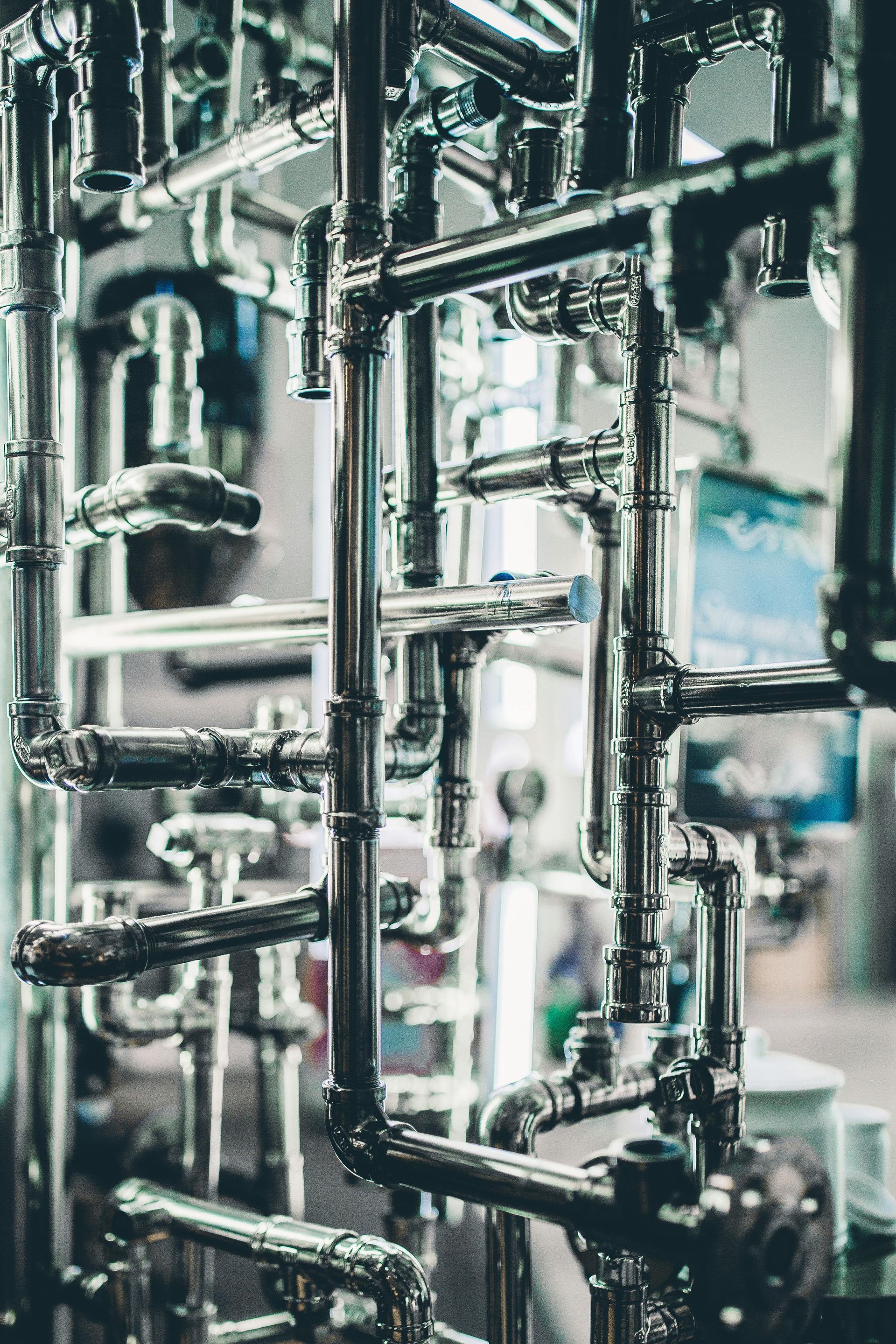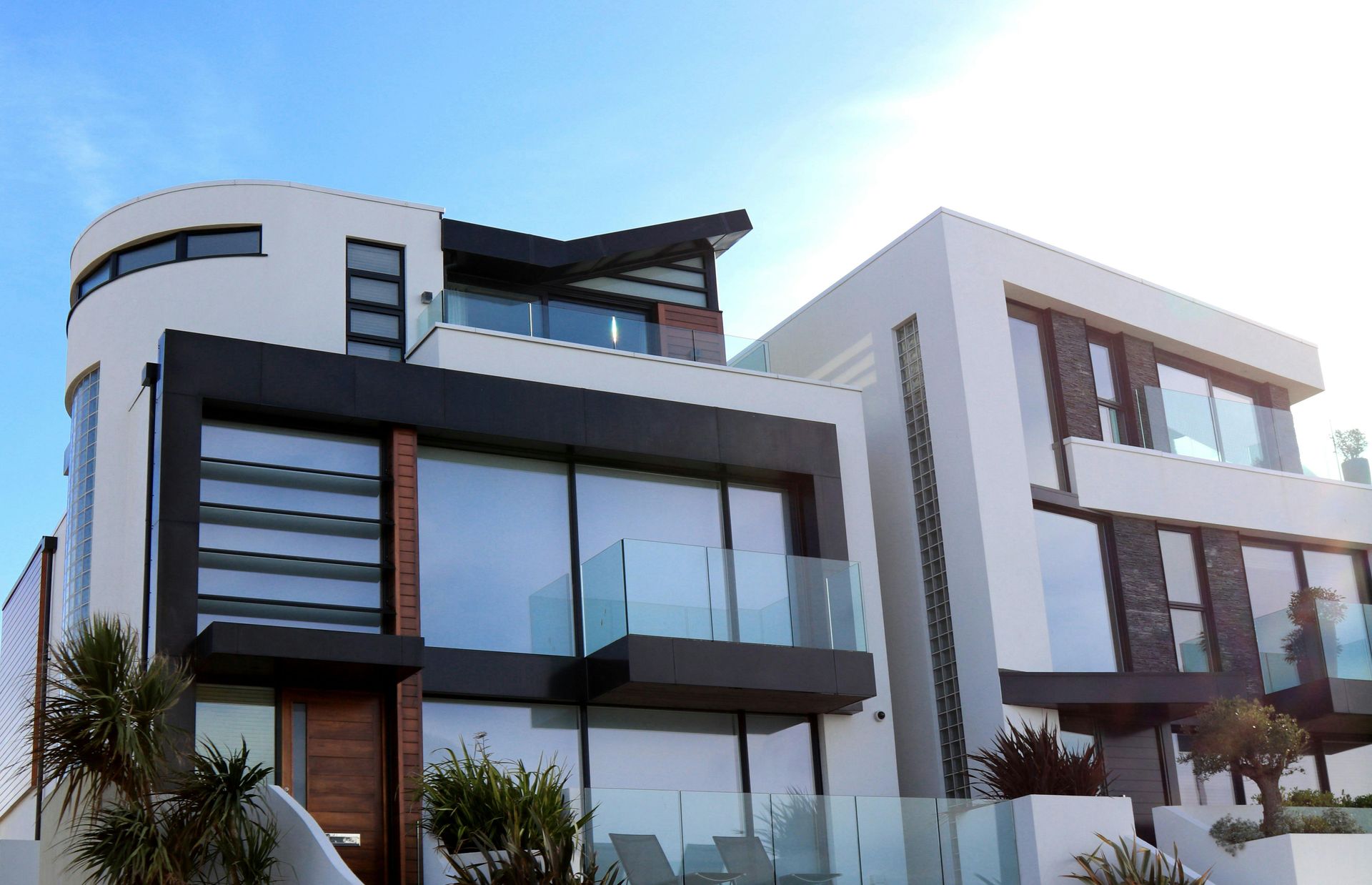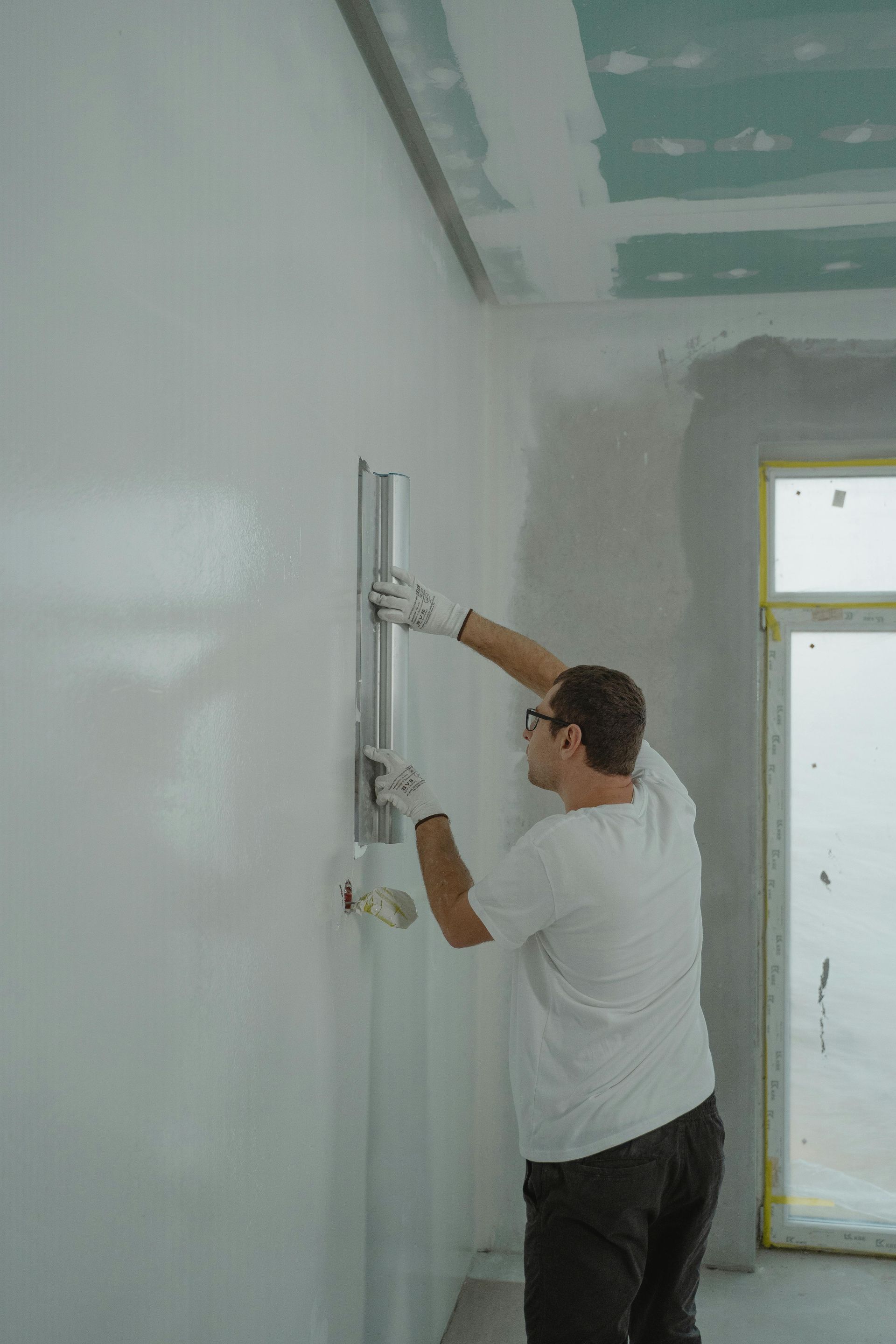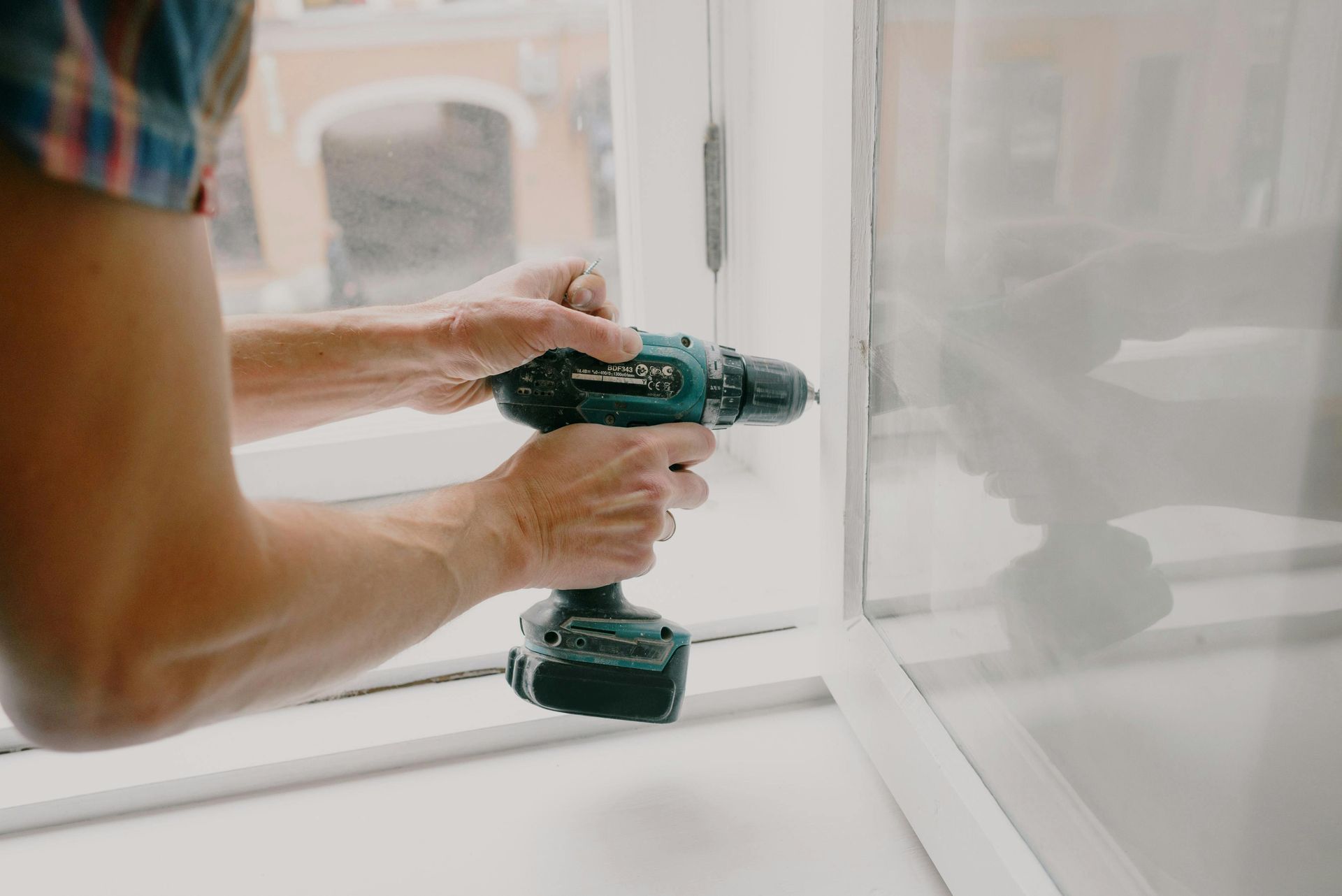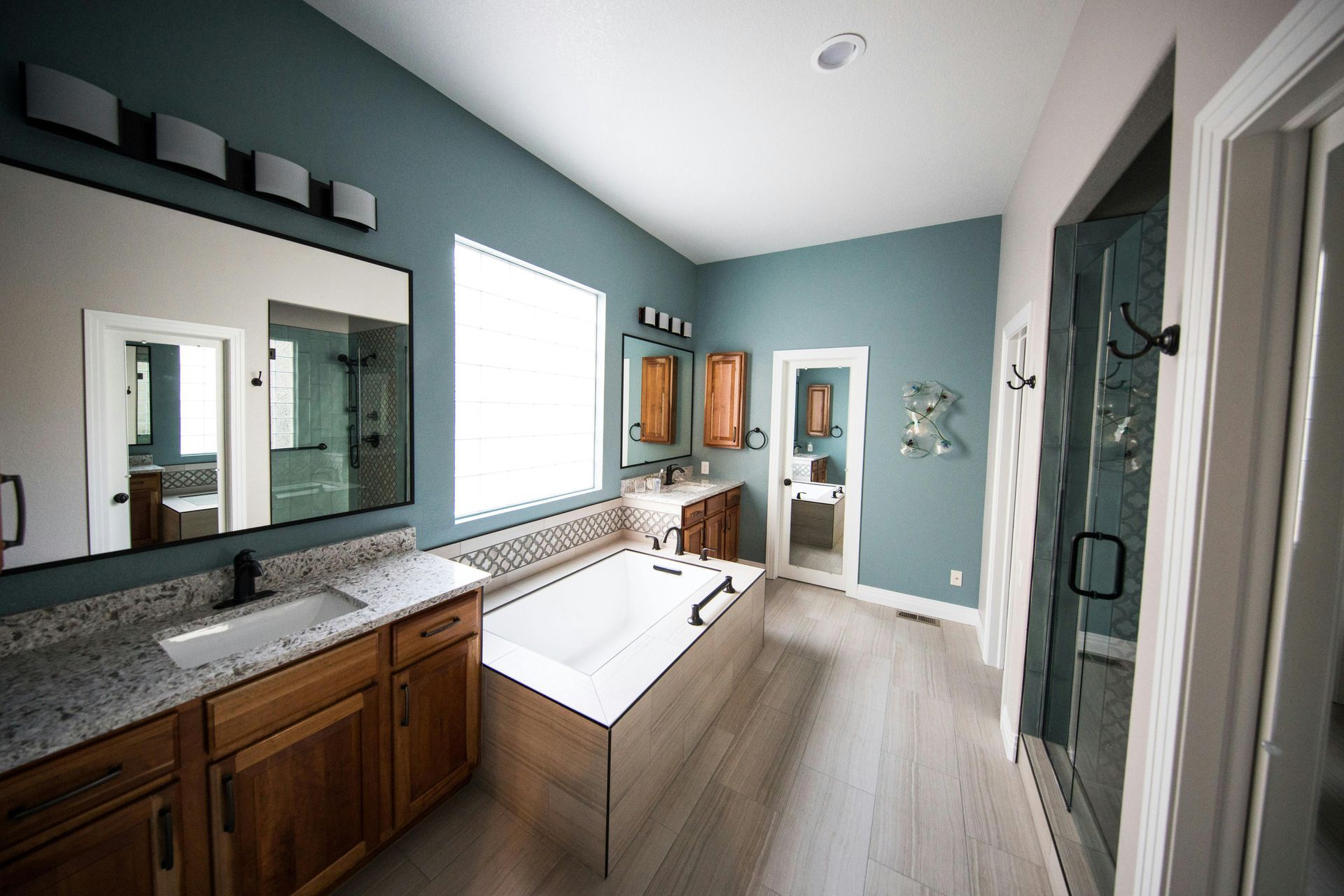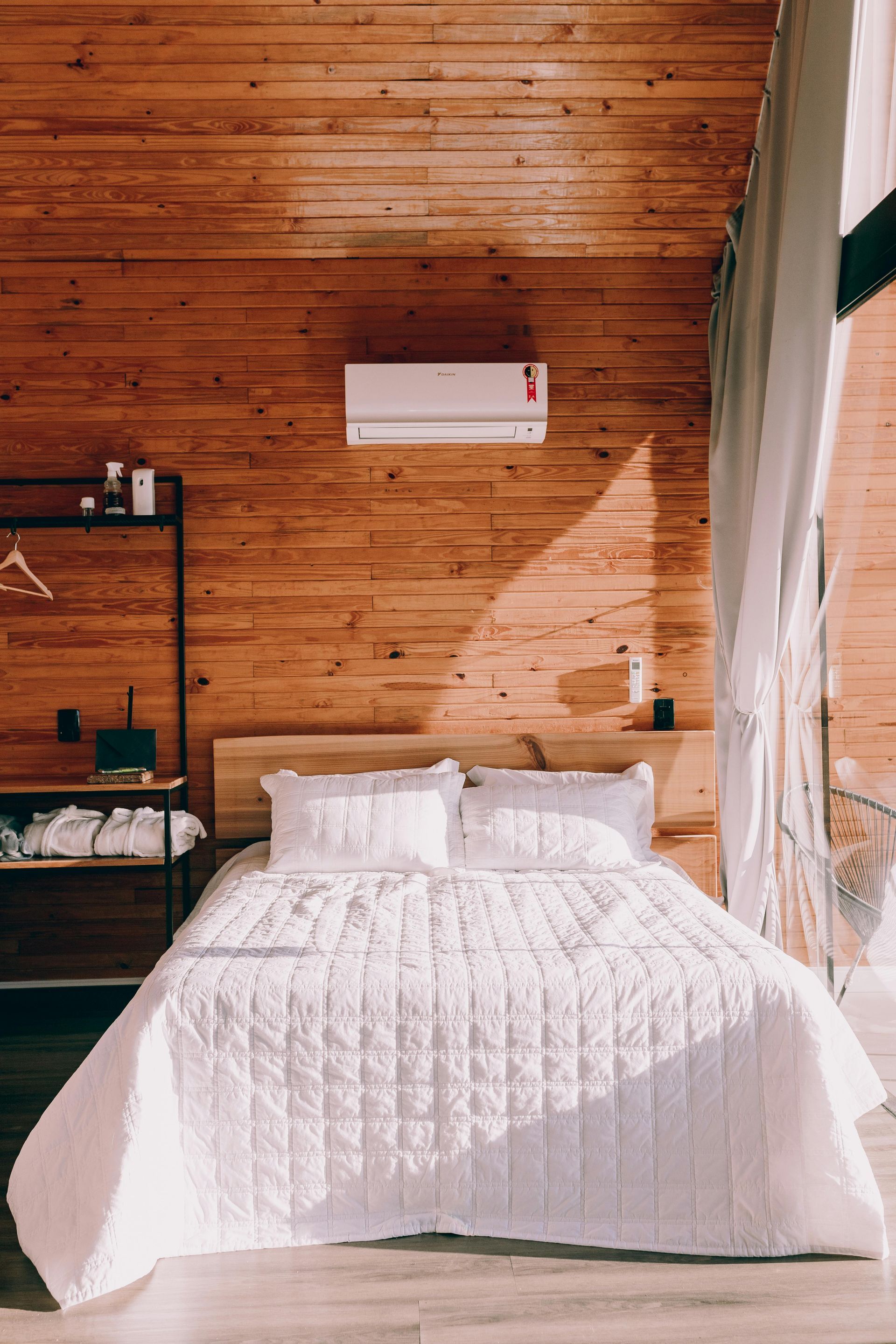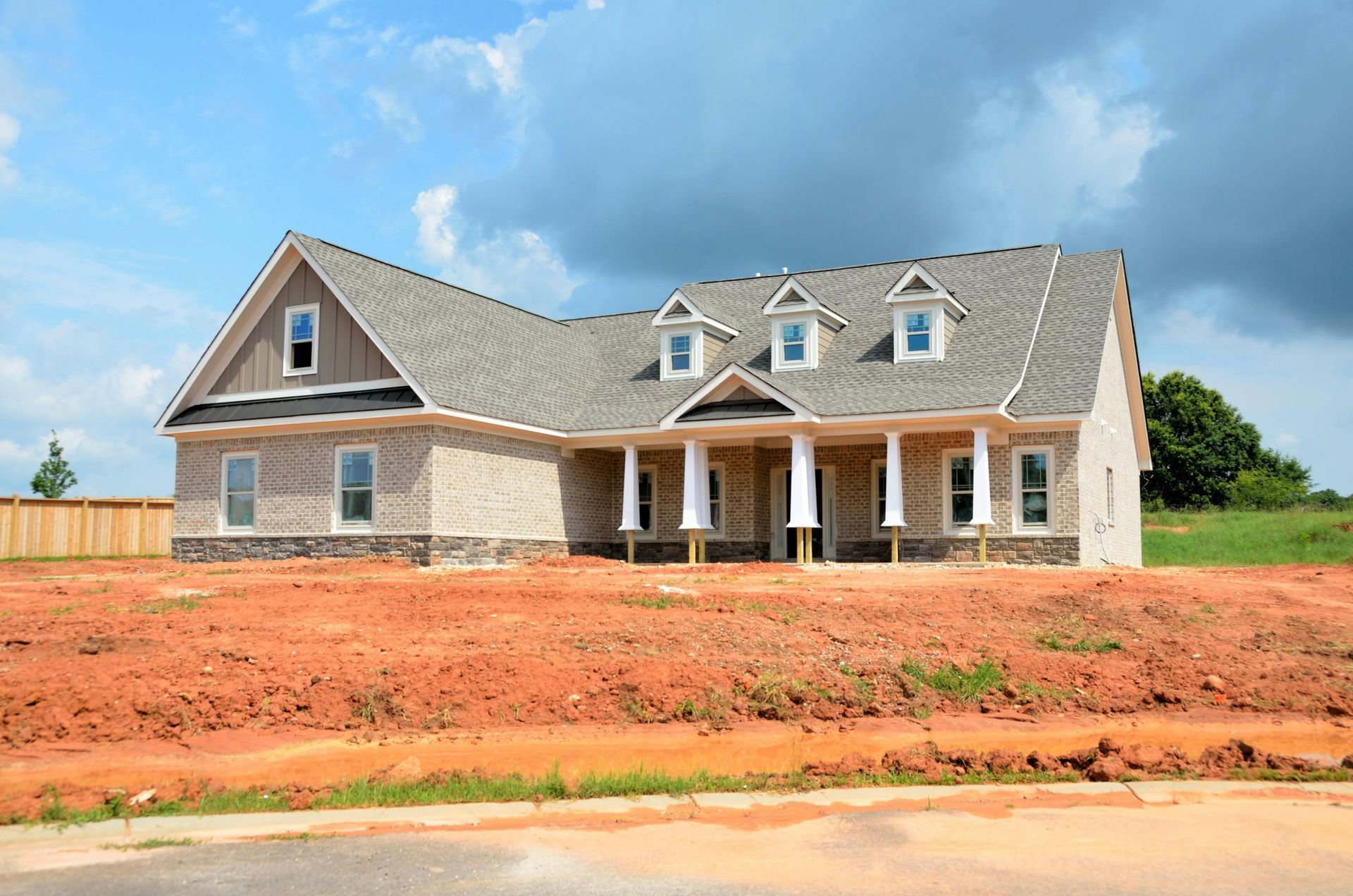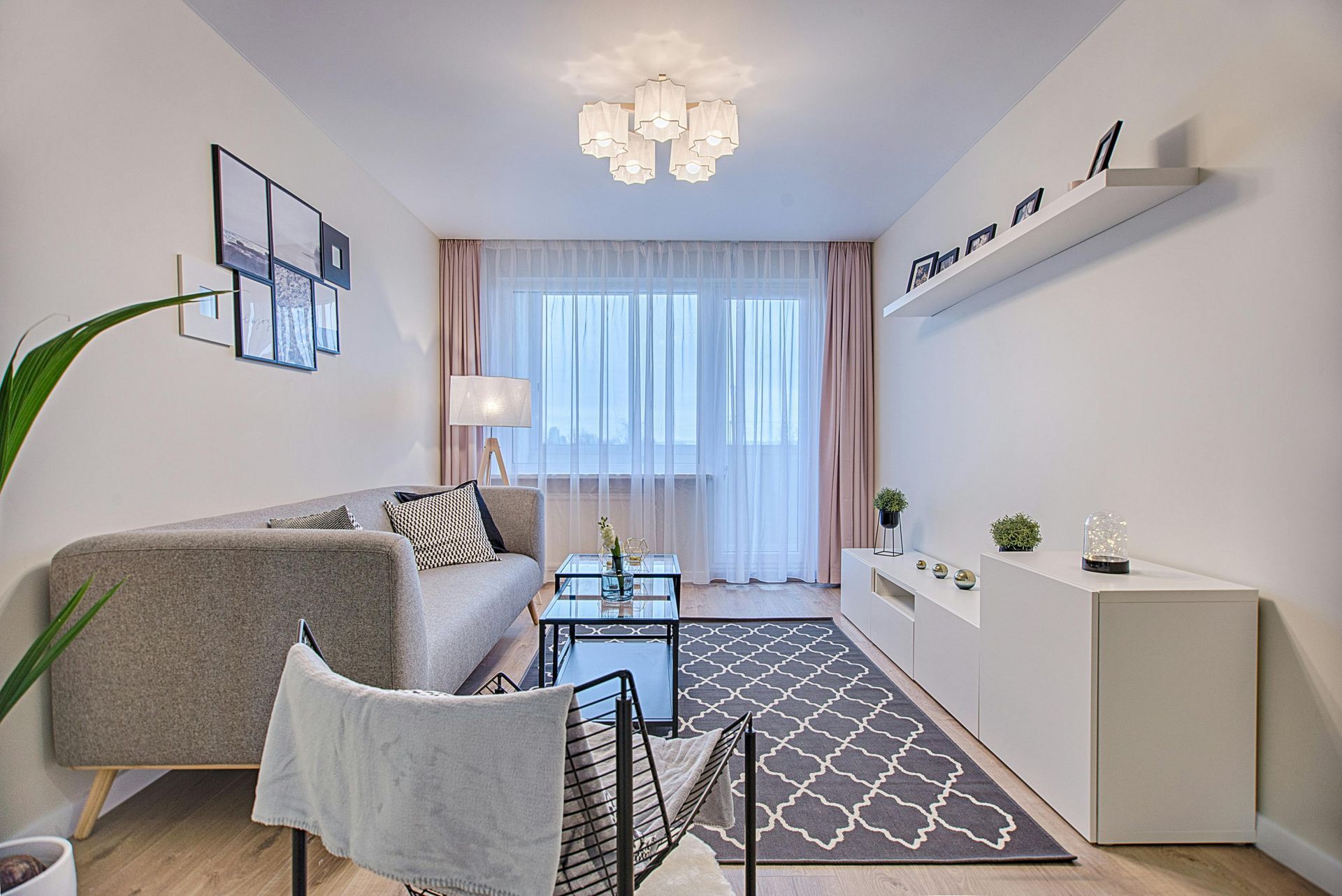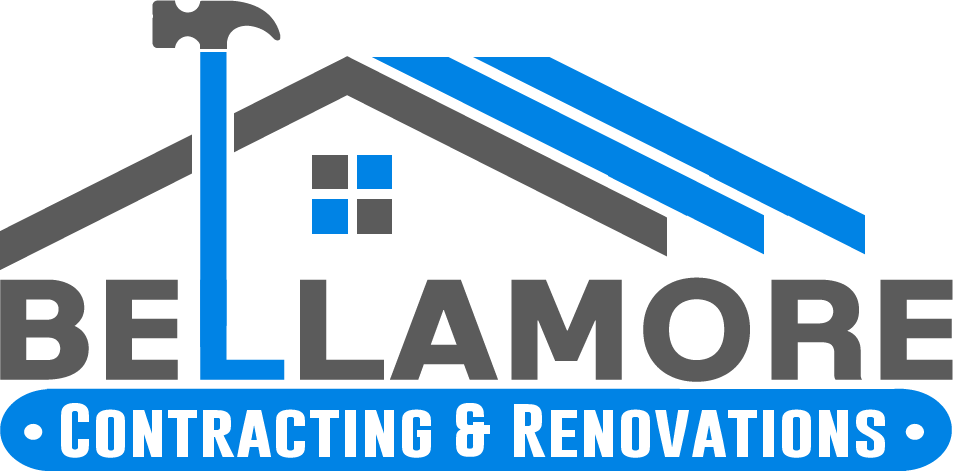Licensed (#RBC-21-01654) & Insured
Local References Available Upon Request
Licensed (#RBC-21-01654) & Insured | Local References Available Upon Request
Why Casement Windows Are a Smart Choice
When it comes to choosing the right windows for your home, casement windows offer an elegant combination of functionality, style, and energy efficiency. Unlike traditional sliding or double-hung windows, casement windows are hinged on the side and swing outward, providing an unobstructed view and superior ventilation. Their unique design makes them ideal for various spaces, from modern homes with sleek aesthetics to traditional homes looking for timeless appeal.
Casement windows have grown in popularity due to their airtight seal when closed, offering excellent insulation that can help reduce energy costs. Whether you’re looking for better airflow, a stylish design, or improved security, casement windows are an excellent choice. This guide explores their key benefits, energy efficiency, security features, and how to choose the perfect style for your home.
Design and Functionality
Casement windows stand out because of their unique side-hinged mechanism, allowing them to swing outward like a door when operated with a crank handle. Unlike sliding or double-hung windows, which rely on tracks that can collect dust and debris, casement windows offer a smoother and more secure opening mechanism.
They are particularly beneficial in hard-to-reach areas such as over kitchen sinks, countertops, and high walls where traditional windows may be difficult to operate. Homeowners appreciate the convenience of their crank system, which provides an effortless way to open and close windows without struggling with stuck or jammed tracks.
Casement windows also come in a variety of frame materials, including vinyl, wood, aluminum, and fiberglass. Each material offers its own advantages, from durability to aesthetic appeal, allowing homeowners to customize their windows to match their home’s architectural style.
Energy Efficiency and Insulation
One of the standout advantages of casement windows is their superior energy efficiency. When closed, the sash presses tightly against the frame, creating an airtight seal that prevents drafts and minimizes heat transfer. This tight seal ensures that warm air stays inside during winter and cool air remains indoors during the summer, leading to reduced energy consumption and lower utility bills.
Many casement windows are designed with advanced energy-saving features, such as low-E (low-emissivity) glass, double or triple-pane glass, and argon or krypton gas fillings between panes. These technologies help block harmful UV rays, prevent heat loss, and improve overall insulation. Compared to single-hung or sliding windows, casement windows provide a better barrier against air leakage, making them a top choice for homeowners looking to improve their home’s energy efficiency.
Proper installation is crucial for maximizing energy efficiency. A poorly installed window can create gaps that allow air infiltration, negating the benefits of a high-quality casement window. This is why professional installation is recommended to ensure a perfect fit.
Ventilation and Airflow Benefits
Casement windows excel in promoting natural ventilation. Their outward-opening design allows them to catch and direct breezes into the home, making them an excellent choice for rooms that need better air circulation. Unlike fixed windows or sliders, which may restrict airflow, casement windows can be opened fully to maximize fresh air intake.
Strategically placing casement windows in areas like kitchens, bathrooms, and living rooms can enhance indoor air quality by allowing moisture and odors to escape efficiently. Homes with poor ventilation can benefit significantly from these windows, as they help regulate temperature and reduce indoor pollutants.
Aesthetic Appeal and Versatility
Beyond their functional benefits, casement windows add a modern and sophisticated touch to any home. Their clean lines and expansive glass area provide an unobstructed view of the outdoors, making them an excellent choice for homes with scenic surroundings. Whether installed as a standalone feature or paired with fixed windows for a more dramatic look, casement windows can enhance a home’s curb appeal.
Casement windows are available in a range of materials, including vinyl, wood, fiberglass, and aluminum, with various color and finish options. This versatility makes them suitable for both contemporary and traditional architectural styles. Homeowners can also choose from different grid patterns and glass options to further customize the appearance of their windows.
Best Locations for Casement Windows in the Home
The placement of casement windows can greatly impact their effectiveness in improving ventilation, aesthetics, and energy efficiency.
Kitchens benefit from casement windows installed above sinks or countertops, where they provide fresh air while being easy to open with a crank mechanism.
Bedrooms can take advantage of casement windows for their excellent insulation properties and ability to create a cross-breeze when paired with other windows.
Living rooms with casement windows allow homeowners to enjoy panoramic outdoor views, enhancing the room’s natural light while maintaining an energy-efficient seal.
Bathrooms require windows that can provide ventilation without compromising privacy, making frosted or textured glass casement windows an ideal option.
Security and Durability Features
Casement windows offer superior security compared to many other window styles. When closed, the sash locks tightly against the frame, making it difficult for intruders to pry the window open from the outside. Many models come with multi-point locking systems, providing additional reinforcement.
The durability of casement windows also stands out, as they are built to withstand harsh weather conditions. High-quality frames and impact-resistant glass options make them a reliable choice for homes in areas prone to storms or extreme temperatures.
Maintenance and Ease of Use
One of the reasons homeowners favor casement windows is their low maintenance requirements. Unlike sliding or double-hung windows, which accumulate dirt and debris in tracks, casement windows have a simple hinge mechanism that remains easy to clean.
Cleaning the exterior of a casement window is convenient, as many models allow the sash to swing inward for easy access. Regular maintenance, such as lubricating the hinges and inspecting the seals, ensures that casement windows continue to function smoothly for years.
Comparing Casement Windows to Other Window Styles
When deciding between different window styles, it’s helpful to compare casement windows to other options. Compared to single-hung or double-hung windows, casement windows provide a tighter seal and superior energy efficiency. While double-hung windows allow for more airflow flexibility with two movable sashes, they may not be as airtight as casement designs.
Sliding windows offer a wide viewing area but may not seal as tightly as casement windows, leading to potential energy loss. On the other hand, awning windows, which are hinged at the top and open outward, share some similarities with casement windows but are better suited for areas where protection from rain is a priority.
Bay and bow windows, often used as statement pieces in living rooms, can be complemented with casement windows for added ventilation and style. The choice between these options depends on factors such as home design, energy efficiency needs, and ventilation preferences.
Choosing the Right Casement Windows for Your Home
Selecting the right casement windows involves considering factors like frame materials, glass options, and overall design. Vinyl casement windows offer durability and affordability, while wood casement windows provide a classic aesthetic with customizable finishes. Fiberglass and aluminum options are also available for those seeking strength and longevity.
Professional installation is key to ensuring that casement windows perform as expected. A proper fit not only enhances energy efficiency but also ensures the longevity of the windows. Investing in high-quality casement windows can increase property value and improve the overall comfort of a home.
The Perfect Blend of Style and Functionality
Casement windows offer an unbeatable combination of energy efficiency, security, and sleek design. Whether you’re looking to improve ventilation, enhance your home’s insulation, or add modern appeal, these windows provide a practical and stylish solution. Their ability to seal tightly against drafts, maximize natural light, and blend seamlessly with various architectural styles makes them a top choice for homeowners.
If you’re considering upgrading your windows, casement windows are a fantastic option that delivers both functional and aesthetic benefits. Work with a trusted professional to explore customization options and find the perfect fit for your home.
